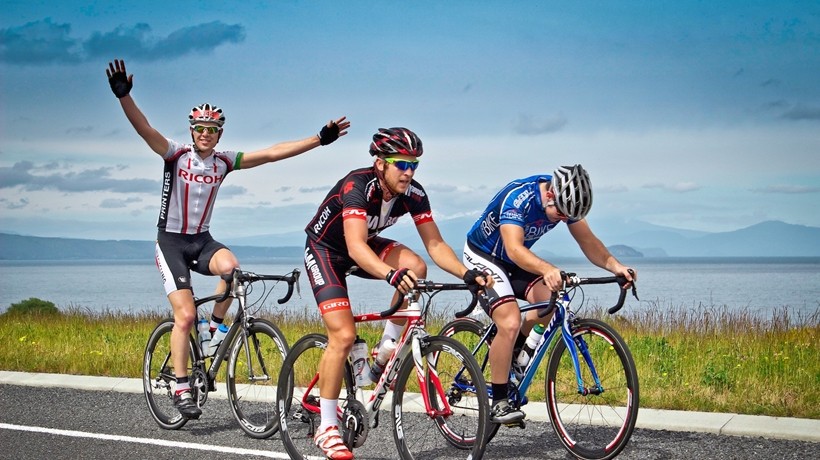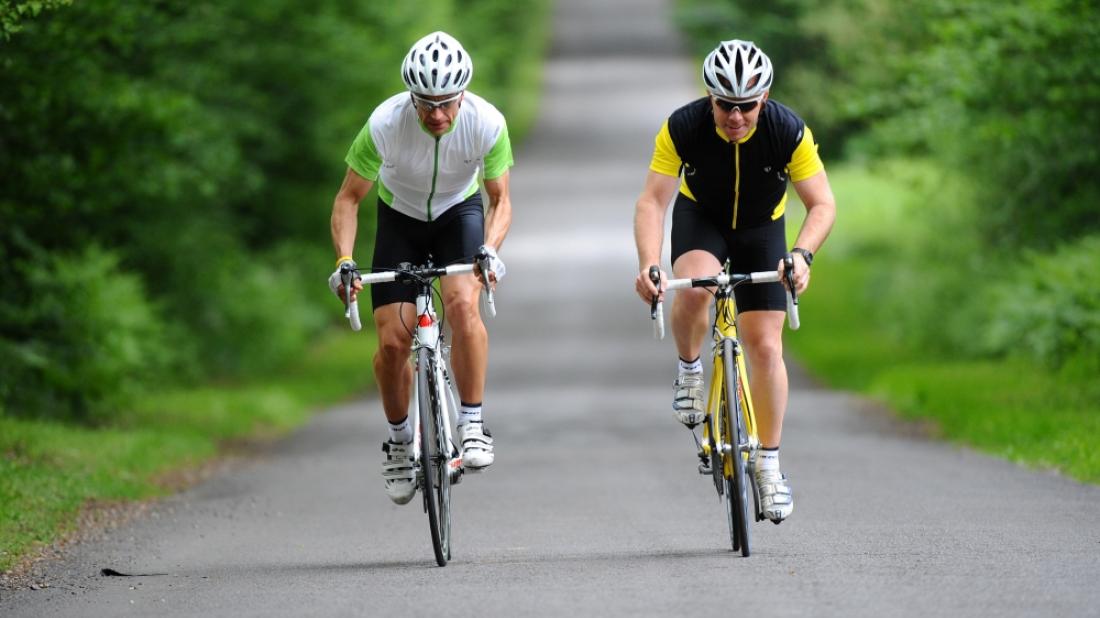Recovery from addiction and mental health challenges is a journey that requires dedication, support, and consistent effort. While professional treatment, therapy, and medication provide the foundation for healing, incorporating healthy habits can greatly enhance the recovery process. Cycling is one such habit. It provides a unique combination of physical activity, mental clarity, and emotional resilience. For many individuals, each ride becomes more than exercise—it becomes a step toward hope, empowerment, and long-term wellness.
The Physical Benefits of Cycling in Recovery
Rebuilding Strength and Stamina
Addiction often takes a toll on the body, resulting in fatigue, weakened muscles, and decreased cardiovascular health. Cycling offers a low-impact way to restore strength and endurance. Regular rides improve heart health, increase energy levels, and enhance mobility. Even short, consistent sessions contribute to overall physical wellness, giving individuals the foundation to support their ongoing recovery journey.
Managing Stress and Cravings
Exercise triggers the release of endorphins, natural chemicals that improve mood and reduce stress. For those in recovery, these benefits are particularly valuable. Cycling provides a constructive outlet for stress and emotional tension, helping to reduce cravings and replace negative patterns with healthy, goal-oriented habits.
Mental and Emotional Healing Through Cycling
Mindfulness and Present-Moment Awareness
Cycling encourages individuals to focus on the rhythm of pedaling, breathing, and the environment around them. This practice fosters mindfulness, helping riders process emotions without judgment and stay grounded in the present. Mindful cycling is a practical tool for coping with anxiety, depression, and the challenges that arise during recovery.
Building Confidence and Resilience
Every ride completed and every milestone achieved builds confidence and a sense of accomplishment. This incremental progress fosters self-discipline, resilience, and motivation. These qualities are essential for sustaining recovery, as they reinforce belief in one’s ability to overcome obstacles and maintain positive routines.
Community and Support Through Cycling
Connecting With Others
Recovery is strengthened by community and social support. Group rides, cycling clubs, and recovery-focused biking events provide opportunities to meet like-minded peers who understand the challenges of addiction and mental health recovery. These connections reduce feelings of isolation, provide encouragement, and create a sense of accountability.
Sharing Experiences and Celebrating Growth
Cycling communities often offer a space to exchange stories, discuss challenges, and celebrate progress. Listening to others’ journeys fosters hope and inspiration. Sharing personal achievements and setbacks creates bonds that reinforce motivation and emotional well-being.
Practical Tips for Using Cycling in Recovery
- Start Gradually: Begin with manageable rides and gradually increase distance or intensity.
- Set Goals: Track progress with distance, duration, or frequency to maintain motivation.
- Prioritize Enjoyment: Choose scenic routes or environments that inspire relaxation and positivity.
- Practice Mindfulness: Focus on breath, rhythm, and surroundings to enhance emotional regulation.
- Engage With Community: Participate in group rides or local cycling events to build support networks.
Moving Forward, One Mile at a Time
Cycling is more than a form of exercise. It is a holistic practice that strengthens the body, nurtures the mind, and fosters meaningful connections. By incorporating cycling into a recovery routine, individuals can manage stress, reduce cravings, and build resilience. Every mile ridden represents progress, hope, and empowerment on the journey toward lasting wellness.
If you or a loved one are navigating addiction or mental health challenges, consider adding cycling to your recovery plan. Each ride is an opportunity to reinforce healthy habits, cultivate mindfulness, and connect with supportive communities. Reach out to trained professionals to develop a personalized, holistic recovery plan that aligns with your goals and needs.

